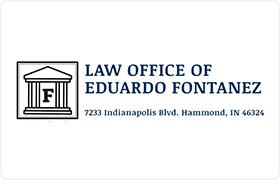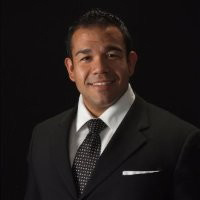Whiting RICO Act Lawyer, Indiana
Sponsored Law Firm
-
 x
x

Click For More Info:
-
Law Office of Eduardo Fontanez
7233 Indianapolis Blvd Hammond, IN 46324» view mapCriminal Defense, Divorce & Family Law Former Judge & Former Deputy Prosecutor
I hope we can resolve any issue you may need. Here at the Law Office of Eduardo Fontanez, are focused on providing high-quality service and customer satisfaction.
800-697-7560
Not enough matches for Whiting RICO Act lawyer.
Below are all Whiting Criminal lawyers.
Kevin Chandler Smith
Real Estate, Criminal, Consumer Rights, Accident & Injury
Status: In Good Standing
Jennifer Cantrell
Traffic, Family Law, Criminal, Medical Malpractice
Status: In Good Standing Licensed: 18 Years
Randy Alan Godshalk
Criminal, Divorce & Family Law, Traffic, Estate
Status: In Good Standing Licensed: 35 Years
 Eduardo Fontanez Hammond, IN
Eduardo Fontanez Hammond, IN Practice AreasExpertise
Practice AreasExpertise
